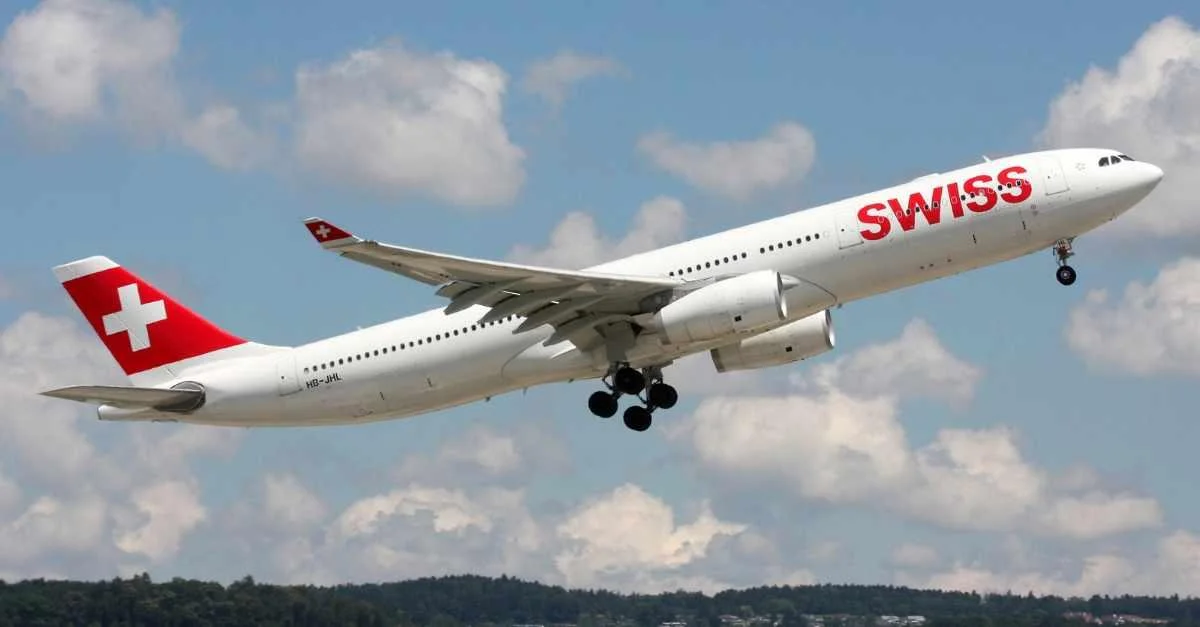Switzerland's flag carrier, SWISS International Air Lines, known for its two-hub network system, positions itself as a notable exception among European major carriers which typically operate from a single hub. As a part of the Lufthansa Group, SWISS, with IATA/ICAO code LX/SWR, strategically operates from both Zurich Airport (ZRH) and Geneva Airport (GVA), allowing flexibility in serving a vast array of destinations worldwide. The company was established in 2002 following the bankruptcy of Swissair and maintains its presence with Zurich as its primary hub.
SWISS has been an integral member of the Star Alliance, allowing it to extend its network reach even further. It classifies as a full-service carrier and has grown into Switzerland's largest and most important airline. Its presence is underpinned by a broad set of European and global flights, with Zurich remaining its busiest hub. SWISS operates daily flights to a multitude of destinations across different continents including North America, Asia, Africa, and South America.
The airline boasts a diverse fleet, which has enabled it to sustain operations through two significant hubs. SWISS's fleet includes a variety of aircraft such as the Airbus A220, A320neo, and Boeing 777-300ER which feature iconic first-class cabins. The carrier's recent investment in the Airbus A320neo and A350-900 types represents a continued modernization of its fleet.
 Alerts Sign-up
Alerts Sign-up








